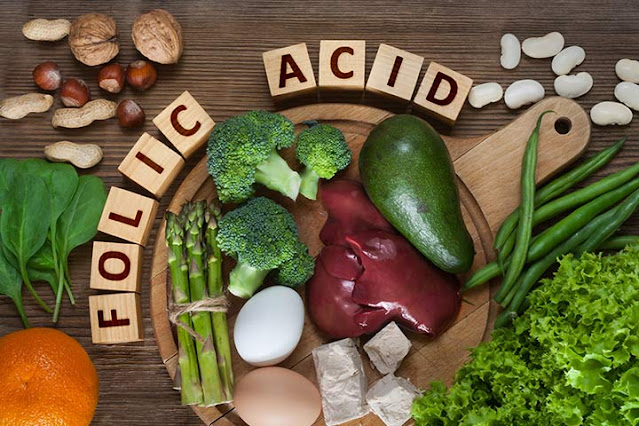Folic acid is a water soluble vitamin and is mainly found in leafy green vegetables and fruits. It is important for pregnant women to take folic acid supplements before and during pregnancy as it helps to prevent certain birth defects of the baby’s brain and spine. These birth defects are known as neural tube defects (NTDs).
Pregnant women should take 400 micrograms (mcg) of folate or folic acid daily, starting at least one month before becoming pregnant. Folic acid can also be found in fortified foods such as breads, cereals, pastas and other grain products. Good food sources of folate include dark green leafy vegetables, legumes, nuts and seeds.
If you have had a previous pregnancy affected by an NTD or you have a family history of NTDs, you may require a higher dose of folic acid (5 milligrams [mg] daily). You should speak to your healthcare provider about this before becoming pregnant.
Is Folic Acid Compulsory before Pregnancy?
It is important for the development of the neural tube, which becomes the brain and spinal cord. All women who are pregnant or planning to become pregnant should take 400 micrograms (mcg) of folic acid daily.
This can be done by taking a supplement or by eating foods that are fortified with folic acid.
What If Folic Acid is Not Taken before Pregnancy?
If you don’t take folic acid before pregnancy, you’re putting yourself and your baby at risk. It’s important because it helps the baby’s neural tube close properly.
If it doesn’t close properly, the baby can have serious birth defects of the brain and spine. These birth defects are called neural tube defects (NTDs). The most common NTD is spina bifida, which happens when the spinal cord doesn’t form properly.
This can lead to paralysis or even death. Another common NTD is anencephaly, which happens when the brain doesn’t form properly. This is always fatal.
So if you’re planning on getting pregnant, make sure you start taking folic acid now!
What is the Best Time to Take Folic Acid for Pregnancy?
It is important for pregnant women to take folic acid supplements because it helps to prevent certain birth defects of the baby’s brain and spine. The best time to take folic acid for pregnancy is before conception and during the first trimester when the baby’s neural tube is developing.
What Weeks are Most Important for Folic Acid?
It is important for pregnant women to take folic acid supplement during the early weeks of pregnancy. This is because it helps to prevent certain birth defects of the baby’s brain and spine.
The neural tube develops into baby’s brain and spinal cord, and folic acid helps to form this neural tube. The recommended daily amount (RDA) of folic acid for adults is 400 micrograms (mcg). However, pregnant women need 600 mcg of folate (the natural form of folic acid) per day.
Most prenatal vitamins contain 600 mcg of folate. If you are not sure if you are getting enough folate from your diet, talk with your healthcare provider about taking a supplement.
Folic Acid Foods for Pregnancy
It is important for pregnant women because it helps prevent certain birth defects of the baby’s brain and spine. All women of childbearing age should consume 400 micrograms of folate (the natural form of folic acid) daily, either through diet or supplements.
Good food sources of folate include: Leafy green vegetables such as spinach, kale, and broccoli Beans and legumes such as black beans, lentils, and peas
Oranges and orange juice Fortified foods such as breakfast cereals, breads, and pastas Pregnant women should take a daily supplement that contains 400 micrograms (mcg) of folic acid in addition to eating folate-rich foods.
Folic acid is an important nutrient for women who are planning to become pregnant or who are already pregnant. All women of childbearing age should take a daily supplement of 400 micrograms (mcg) of folic acid, even if they are not planning to become pregnant.
Good food sources of folic acid include leafy green vegetables, legumes, nuts, and fortified foods such as cereals and breads.




.jpg)

.jpg)




0 Comments